Imagine this: a guest steps into your hotel, dazzled by the digital display that greeted them online. Welcome to the new era of hotel marketing! Here at Plerdy, we understand that the hotel industry is not just about comfy beds and room service anymore. It’s a digital battleground where SEO savvy, social media flair and email charm are your armor. In this article, we’re diving deep into the heart of digital marketing strategies for hotels, blending traditional hospitality with digital brilliance. Our mission? To arm your hotel with tools and tactics for the digital age, ensuring that your guests’ online experience is as welcoming as their stay.
Understanding Your Audience in Hotel Marketing

Ever walked into a hotel room and felt like it was made just for you? Hotel marketing magic is knowing your audience. Grasping who your hotel guests are and what they desire is the cornerstone of successful hotel digital marketing strategies.
Identifying Target Demographics in Hotel Marketing
Start by analyzing who frequents your hotel. Are they business travelers, families, couples, or solo adventurers? It’s crucial to delve into their age groups, cultural preferences, and spending habits in hotel marketing. Hotel marketing tools like Google Analytics offer invaluable insights into demographics visiting your hotel’s website. Also, observe direct feedback and booking patterns in your hotel marketing efforts. Every piece of data paints a clearer picture of your hotel’s audience.
Creating Customer Personas for Hotel Marketing
Once you’ve gathered demographic data for your hotel, craft detailed customer personas. These are fictional characters representing your typical hotel guests. For example, in hotel marketing, ‘Business Betty’ could be a mid-30s executive seeking convenience and efficiency, while ‘Vacation Victor’ might be a retired traveler looking for comfort and leisure experiences. Use these personas to tailor your hotel marketing strategies. For instance, targeting ‘Business Betty’ in your hotel marketing might mean highlighting your hotel’s high-speed Wi-Fi and proximity to business centers. For ‘Vacation Victor,’ showcasing serene views and relaxation amenities in your hotel marketing could be more appealing. Remember, the more detailed the persona, the more effectively you can meet their needs and expectations in hotel marketing.
In hotel marketing, understanding your target means delivering memorable visitor experiences, not just filling rooms. With this knowledge in hotel digital marketing, you’re not just marketing a space to stay; you’re selling an experience tailored to each guest’s unique preferences, ensuring they leave your hotel with memories worth sharing. Here’s an insightful guide from Forbes on creating effective customer personas for your hotel marketing. Audience knowledge is your best asset in hotel digital marketing.
Effective Website Design in Hotel Marketing
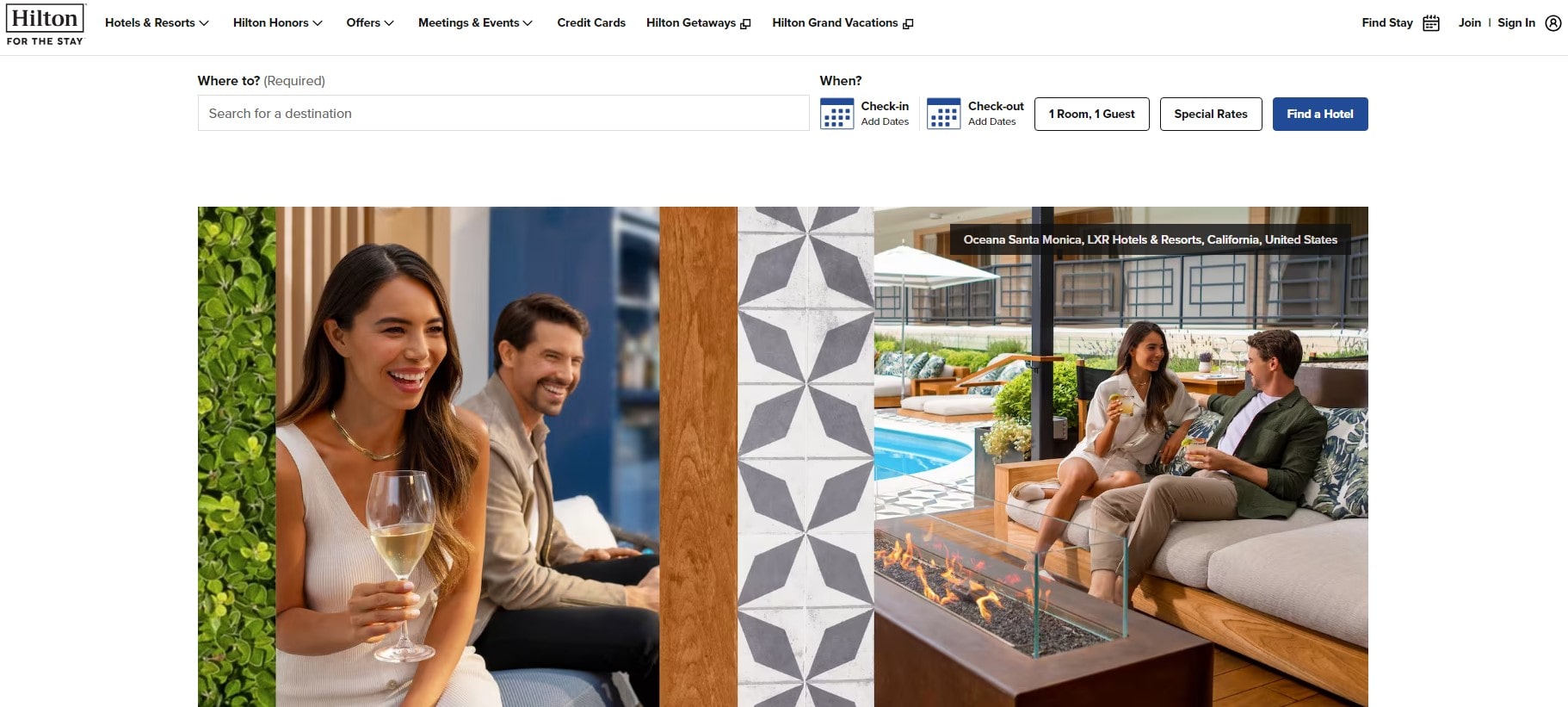
First impressions matter; in the digital world, your hotel’s website is often the first encounter a potential guest has with your brand. In hotel marketing, a well-designed website is more than just aesthetics; it’s a pivotal tool in converting visitors into guests in the hotel industry.
Mobile Optimization in Hotel Marketing
Since over 50% of web traffic originates from mobile devices, hotels need mobile-optimized websites for digital marketing. Its responsive design makes your hotel marketing site appear great and engages users on all devices. Google even prioritizes mobile-friendly websites in search rankings, making this a critical factor in hotel marketing SEO efforts. Check Google’s Mobile-Friendly Test tool to see how your hotel’s site performs on mobile devices.
User Interface Design for Hotel Marketing
Your hotel’s website’s user interface (UI) should be intuitive and inviting, a key element in hotel marketing strategies. This includes easy navigation, clear call-to-actions (CTAs), and a seamless booking process. High-quality images of your hotel’s rooms and facilities and concise descriptions can significantly enhance appeal in hotel marketing. Incorporate elements that reflect your hotel brand’s style and ethos, creating a visual story that resonates with your audience. Hotel marketers must also consider website loading time, which can impact bounce rates. Tools like Google PageSpeed Insights can provide insights into your hotel website’s performance and suggest improvements.
An effective hotel website in digital marketing is a blend of form and function. It should captivate visitors with its design and provide them with a seamless browsing and booking experience. In the competitive hospitality market, your hotel’s website is your digital front door in hotel marketing – make sure it invites guests in. For in-depth guidance on website design, check out Smashing Magazine, a great resource for web design best practices and trends. Remember, in hotel digital marketing, a well-crafted website is your digital handshake; make sure it leaves a lasting impression in the hotel industry.
SEO Strategies
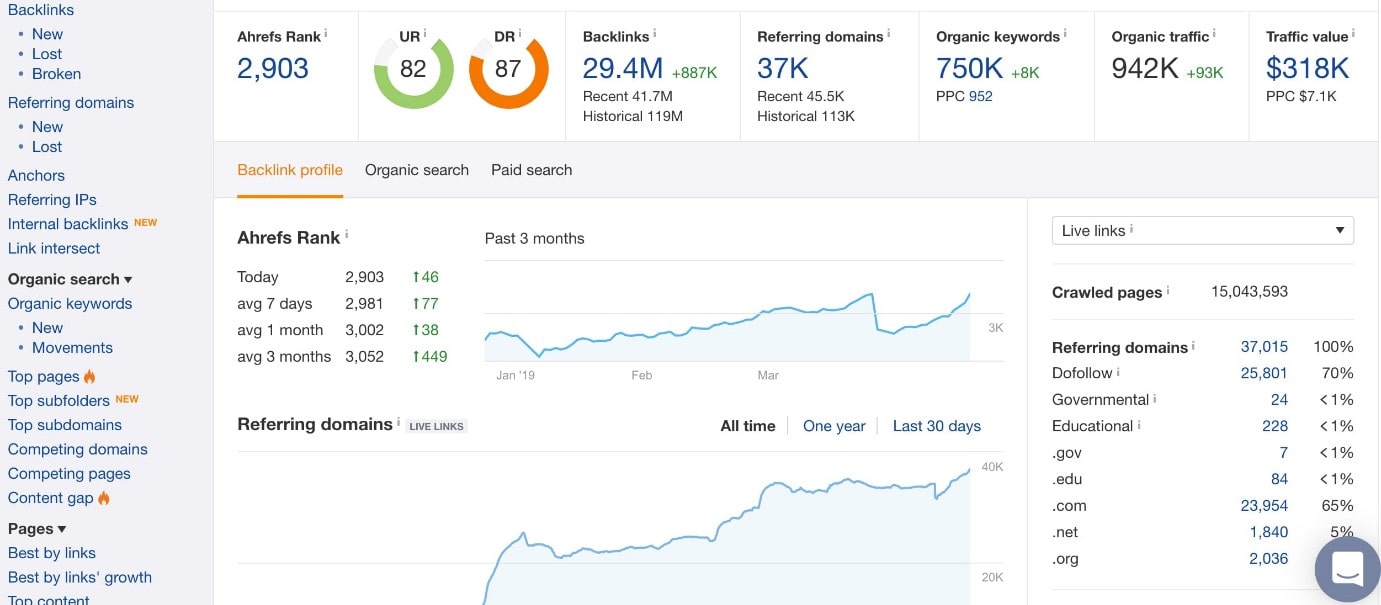
Imagine a world where your hotel pops up first on Google searches; that’s the power of SEO in your arsenal. In the digital age, where most travelers start their journey online, mastering SEO strategies is not just beneficial; it’s essential for your hotel’s digital visibility and success.
Keyword Research
SEO is keyword research-based. Locate keywords guests use to find hotels like yours. Popular location and amenity search phrases can be found using Google Keyword Planner. Find less competitive and more specialized long-tail keywords like ‘family-friendly hotels in [Location]’ or ’boutique hotels around [Landmark].’ Incorporate these keywords into website content, meta titles, and descriptions.
On-page SEO Techniques
Effective on-page SEO involves optimizing individual web pages to rank higher in search engines. Start by writing clear, concise title tags and meta descriptions using your main keywords. Content is king in SEO, so regularly update your site with fresh, relevant, and engaging content like blog posts about local attractions or hotel events. Optimize images by compressing them for faster loading and use descriptive alt tags. Remember internal linking; it helps in site navigation and boosts page authority. Lastly, ensure your website is user-friendly and provides a great experience, as Google values sites that offer high user engagement and value.
Leveraging SEO is like setting up a beacon that guides potential guests to your hotel’s website. With the right strategies, you can enhance your online presence, attract organic traffic, and ultimately increase bookings.”
Moz’s Beginner’s Guide to SEO is an excellent resource for a deeper dive into SEO strategies. SEO takes time and persistence to boost your hotel’s search engine rankings.
Leveraging Social Media in Digital Marketing
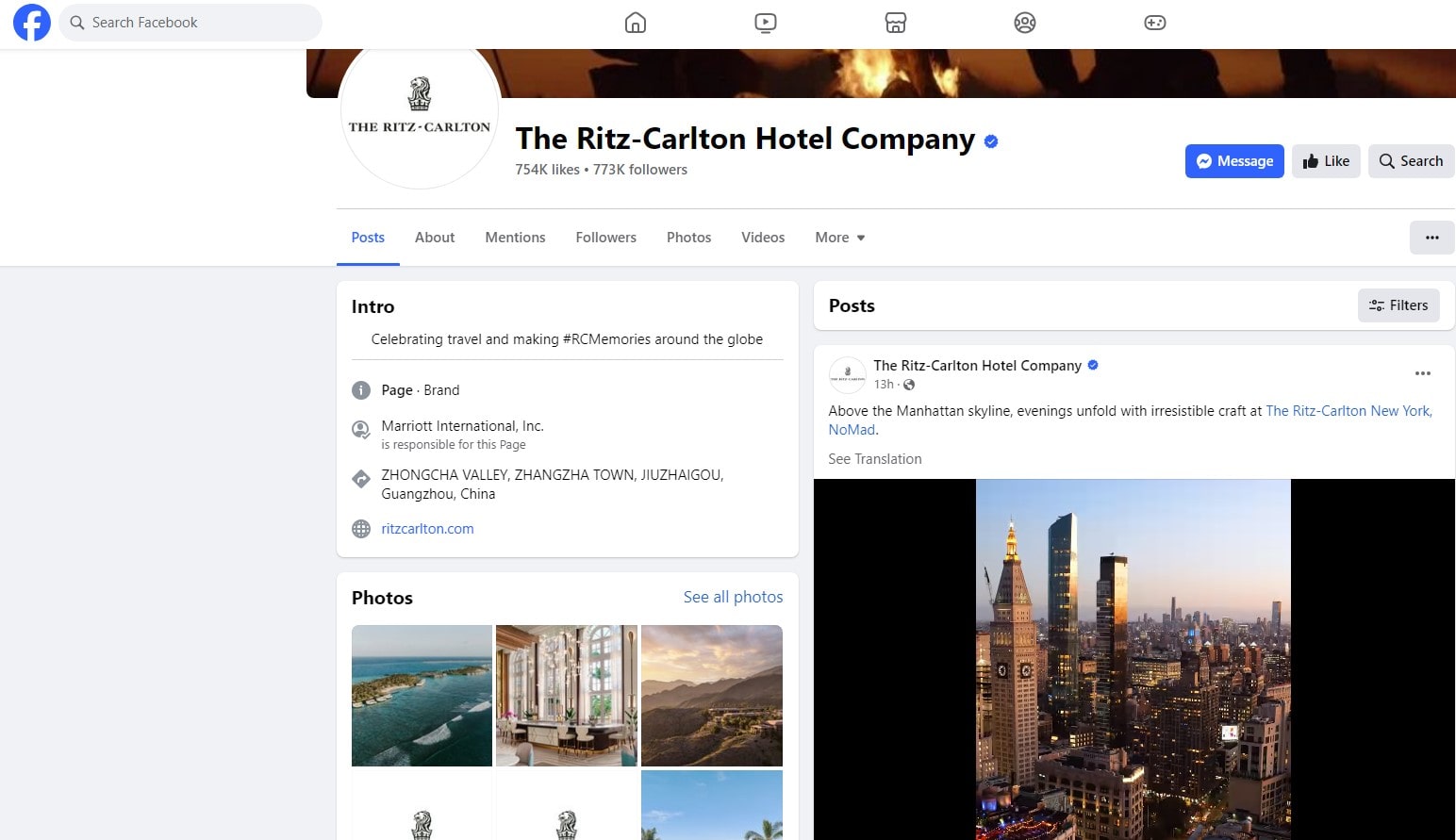
Social media is not just about sharing moments; it’s a dynamic tool in digital marketing for hotels to connect with guests and build their brand. In a world where a picture on Instagram can influence travel decisions, leveraging social media in digital marketing is key for hotels to stay relevant and engaging.
Choosing the Right Platforms in Digital Marketing
Only some social platforms are equal for some hotels in digital marketing. Your marketing plan should identify where your audience spends time. Instagram and Facebook are great for visual storytelling and reaching a broad demographic in digital marketing, while LinkedIn is ideal for business travelers. Tools like Sprout Social offer insights into platform demographics and engagement rates, which are essential for digital marketing strategies. Tailor your strategy to focus on platforms that align with your audience’s preferences in digital marketing.
Content Creation Tips in Marketing
Content is the soul of your social media strategy in digital marketing. Share high-quality images of your property, behind-the-scenes glimpses, and local attractions in your marketing content. Engage your audience with interactive posts like polls or contests in your digital marketing efforts. Remember, digital marketing social presence requires consistency. Use scheduling tools like Buffer to plan and publish your content efficiently in your marketing strategy. Also, embrace storytelling in marketing; share stories about your staff or happy guests (with their permission). A human touch can make your business more trustworthy and relatable in digital marketing.
Social media for hotels Digital marketing builds relationships and boosts brand awareness. It’s a powerful medium in digital marketing to engage, inspire, and convert your audience into guests. Hootsuite’s blog is a great resource for more insights on content creation and social media strategies in digital marketing. Remember, authenticity and creativity are your best assets in social media and digital marketing. Keep your content genuine and aligned with your brand’s voice in marketing, and you’ll create meaningful connections with your audience.
Email Marketing Techniques
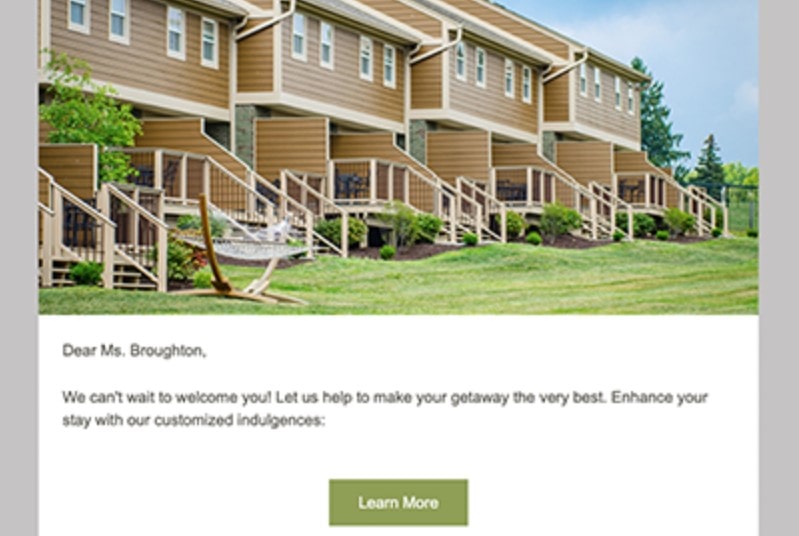
In the hospitality industry, email marketing is like sending a personalized invitation to your guests. It’s about creating a connection beyond the stay, ensuring your hotel remains top of mind for future travels.
Building Email Lists
Building a robust email list starts with your guests. Encourage sign-ups during the booking process and on your website. Offer incentives like exclusive deals or useful travel guides as a perk for subscribing. Tools like Mailchimp can help manage your lists and segment them based on guests’ preferences, enhancing the relevance of your communications.
Crafting Engaging Emails
The key to effective emails lies in personalization and content relevance. Tailor your messages based on guest history or preferences. Seasonal offers, hotel updates, and local event information make for compelling content. Ensure your subject lines are catchy yet informative, prompting higher open rates. Emails should be attractive and have a clear call-to-action to your website or offer. Keep testing formats and timings to see what works best for your audience. Email platform analytics solutions assist you in improving your approach by revealing open and click-through rates.
Successful email marketing delivers value to your guests’ inboxes, enhancing their experience and loyalty. It’s not just about promoting your hotel but creating a conversation that enriches the guest experience.”
For more insights on effective email marketing, visit HubSpot’s Email Marketing Guide. Remember, a well-crafted email can decide when a guest chooses your hotel for their next stay.
Content Marketing
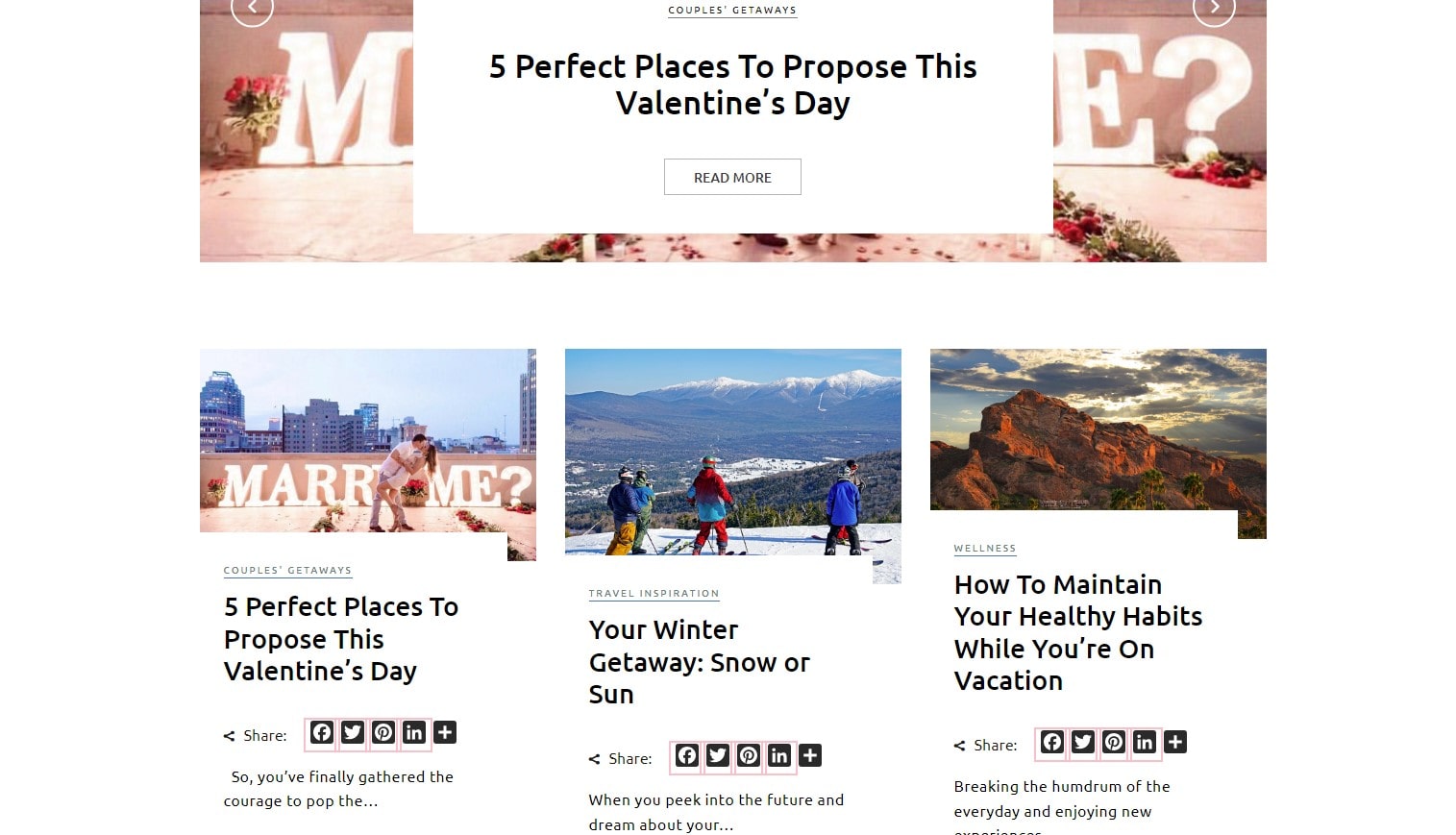
In the bustling world of hotel marketing, content is your beacon, shining light on your brand’s unique story. Creating a narrative that engages your audience turns casual browsers into dedicated guests, not merely filling pages.
Types of Content
Diversify your content to reach more people. Include blog posts highlighting local attractions or events, helpful travel tips, or stories about your hotel’s unique features. Videos and virtual tours can showcase your property’s ambiance and amenities, offering a more immersive experience. Please don’t overlook the power of infographics and checklists that provide quick, valuable information to travelers planning their stay. Consistently updating your content keeps your website fresh and relevant, encouraging repeat visits.
Storytelling and Brand Voice
Your content should weave a story that aligns with your brand voice. Let these themes permeate your narratives, whether it’s luxury, comfort, adventure, or sustainability. Build trust and authenticity with client testimonials and success stories. Engage your audience with behind-the-scenes insights into your hotel’s operations or community involvement, creating a connection beyond a place to stay. Employing a consistent and distinct brand voice across all your content, from website copy to social media posts, helps build a recognizable and relatable brand identity. Remember, good storytelling in content marketing doesn’t just sell a room; it sells an experience.
In conclusion, effective content marketing is about crafting a narrative that informs, inspires, and engages your audience. When used wisely, it’s a strategic tool that can enhance your hotel’s appeal and foster lasting relationships with your guests.”
Online Reputation Management
In the digital era, a hotel’s reputation is shaped by the quality of its service and online presence. Online reputation management (ORM) is a critical component of maintaining and enhancing a hotel’s image in the eyes of potential guests.
Effective ORM involves monitoring and managing your hotel’s presence across various review platforms and social media. Encourage guests to leave reviews by creating a simple, straightforward process. Respond to good and negative reviews promptly and professionally. For positive reviews, express gratitude and highlight any specific aspects they enjoyed. In the case of negative reviews, address concerns with empathy and offer solutions or improvements. Potential guests will see that you appreciate comments and provide good service.
In the ever-connected world of online reviews and social media, your response to feedback can significantly impact your hotel’s image. Use tools like Google Alerts or ReviewTrackers to stay updated on what guests say about your hotel. Regularly analyze review patterns to identify areas for improvement in your service or facilities.
Managing online reputation is a continuous activity. It requires dedication, attention to detail, and a proactive approach. Effective online reputation management protects your brand and creates possibilities to boost hotel attractiveness and customer loyalty.”
For more in-depth information on ORM, ReviewPro’s Guide to Online Reputation Management offers valuable insights. In today’s digital world, a good internet reputation can help you attract and keep guests.
Pay-Per-Click Advertising
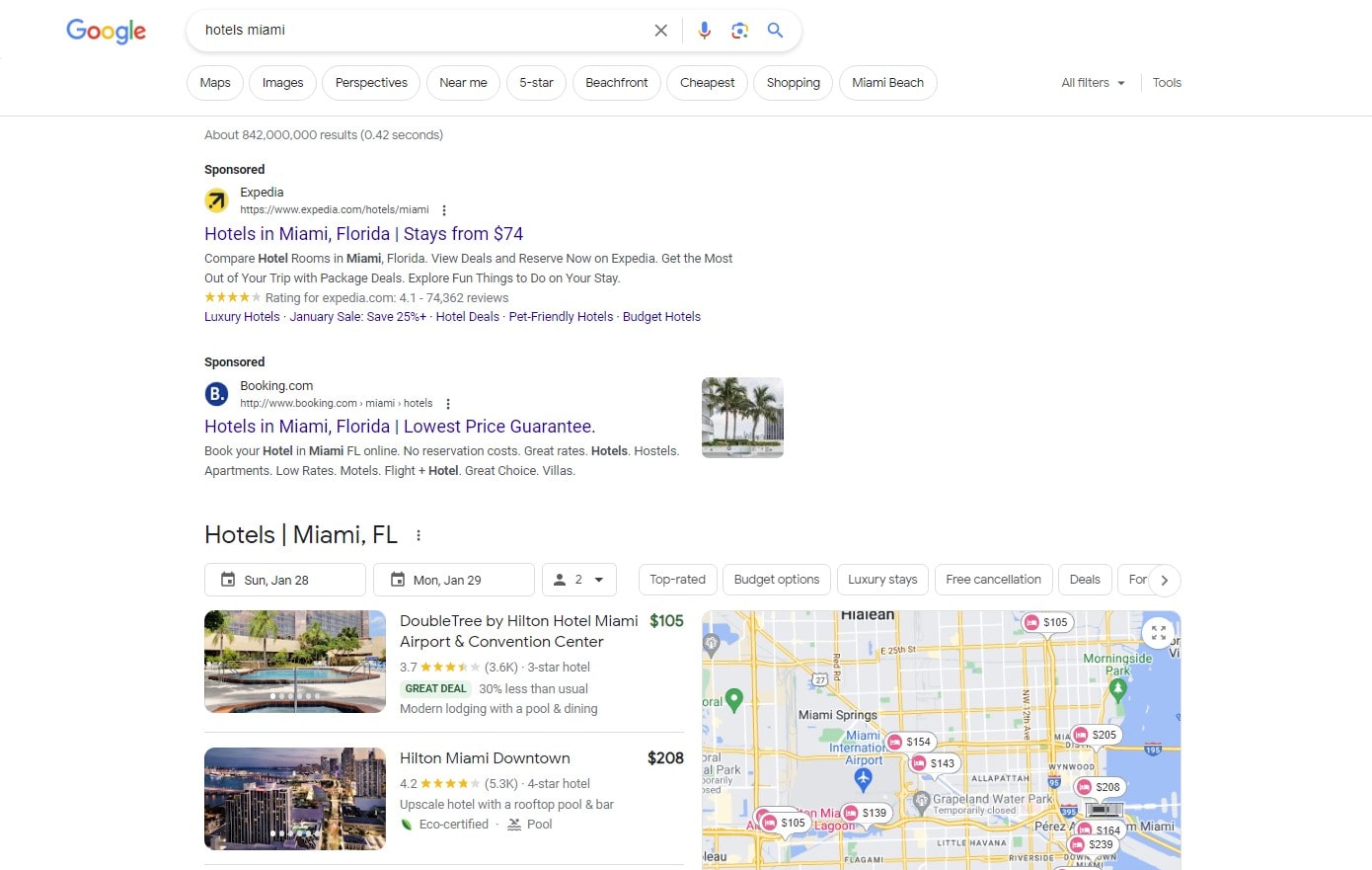
In the digital hustle of the hotel industry, Pay-Per-Click (PPC) advertising is a strategic beacon, guiding potential guests to your doorstep at the perfect moment. It’s a tool that, when used wisely, can transform clicks into guests.
Crafting Targeted Ad Campaigns
The essence of successful PPC lies in creating targeted ad campaigns. Use specific keywords that resonate with your audience’s search intent. For example, keywords like “luxury spa hotels in [Location]” or “family-friendly hotels near [Attraction]” can effectively attract the right audience. Use tools like Google Ads to research and select keywords with high search volume but moderate competition, optimizing your chances of appearing in top search results.
Analyzing and Optimizing
PPC is not a set-and-forget strategy; it requires constant analysis and optimization. Regularly review your campaigns’ performance metrics, such as click-through (CTR) and conversion rates. Use A/B testing to compare different ad elements, like headlines or call-to-actions, and see which performs better. Adjust your bidding strategy based on performance and budget considerations. Remember, the goal is to maximize ROI, so invest more in campaigns that show promising results and reevaluate those that underperform. Also, consider retargeting ads to re-engage users who have visited your site but have yet to book.
When executed with precision and creativity, PPC advertising can be a game-changer in driving more bookings and increasing your hotel’s visibility. It’s about finding the sweet spot where your ads reach the audience and resonate with them, turning their interest into action.
Utilizing Analytics and Data
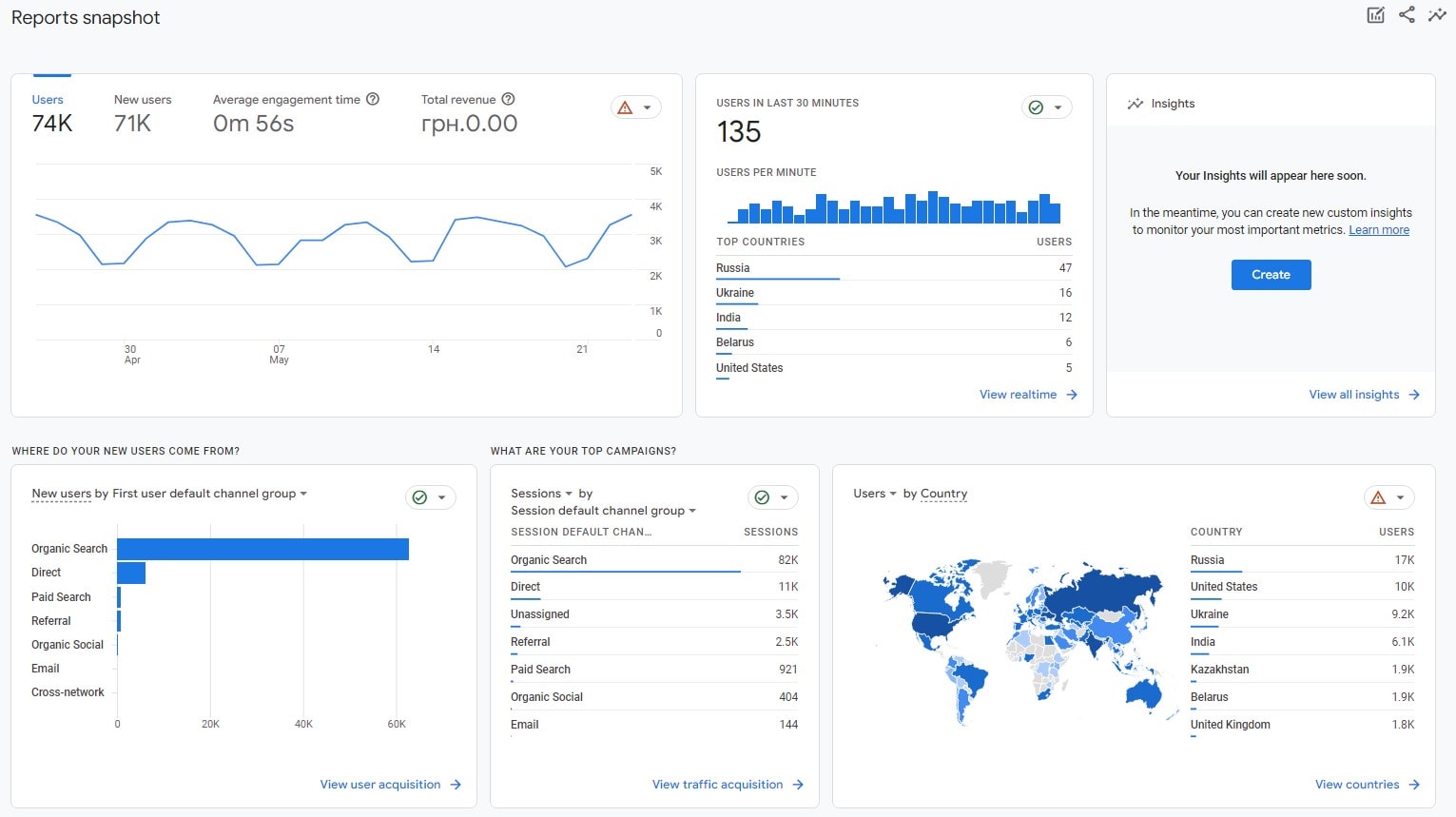
In today’s data-driven world, utilizing analytics is akin to having a high-powered telescope that gives you a clear view of your hotel’s digital universe. By effectively harnessing data, you can make informed decisions that propel your hotel’s marketing strategies forward.
Interpreting Website Analytics
Your site is full of wisdom. Google Analytics can measure visitor activity, including most frequented pages, time spent on site, and bounce rates. Determine which pages attract attention and which require improvement. Traffic sources let you determine which marketing initiatives attract your site’s most visitors. With this insight, you can improve website engagement and conversion rates.
Leveraging Social Media and Campaign Data
Social media platforms provide:
- Their own set of analytics.
- Offering insights into post engagement.
- Follower growth.
- Audience demographics.
Determine which material your audience prefers and alter your content strategy. In PPC campaigns, scrutinize metrics like CTR, conversion rate, and cost per acquisition. This data helps refine your ad targeting, improve ad copy, and optimize spending for better ROI. Also, monitor email marketing performance by tracking open rates, click-through rates, and conversions. Use these insights to tailor your messaging, segment your audience effectively, and improve the overall impact of your email campaigns.
Utilizing analytics and data transforms guesswork into strategy. It empowers you to craft marketing initiatives that are not just creative but also smart and results-driven. In the competitive landscape of hotel marketing, data isn’t just numbers; it’s the guiding star to success.
Innovative Digital Marketing Trends
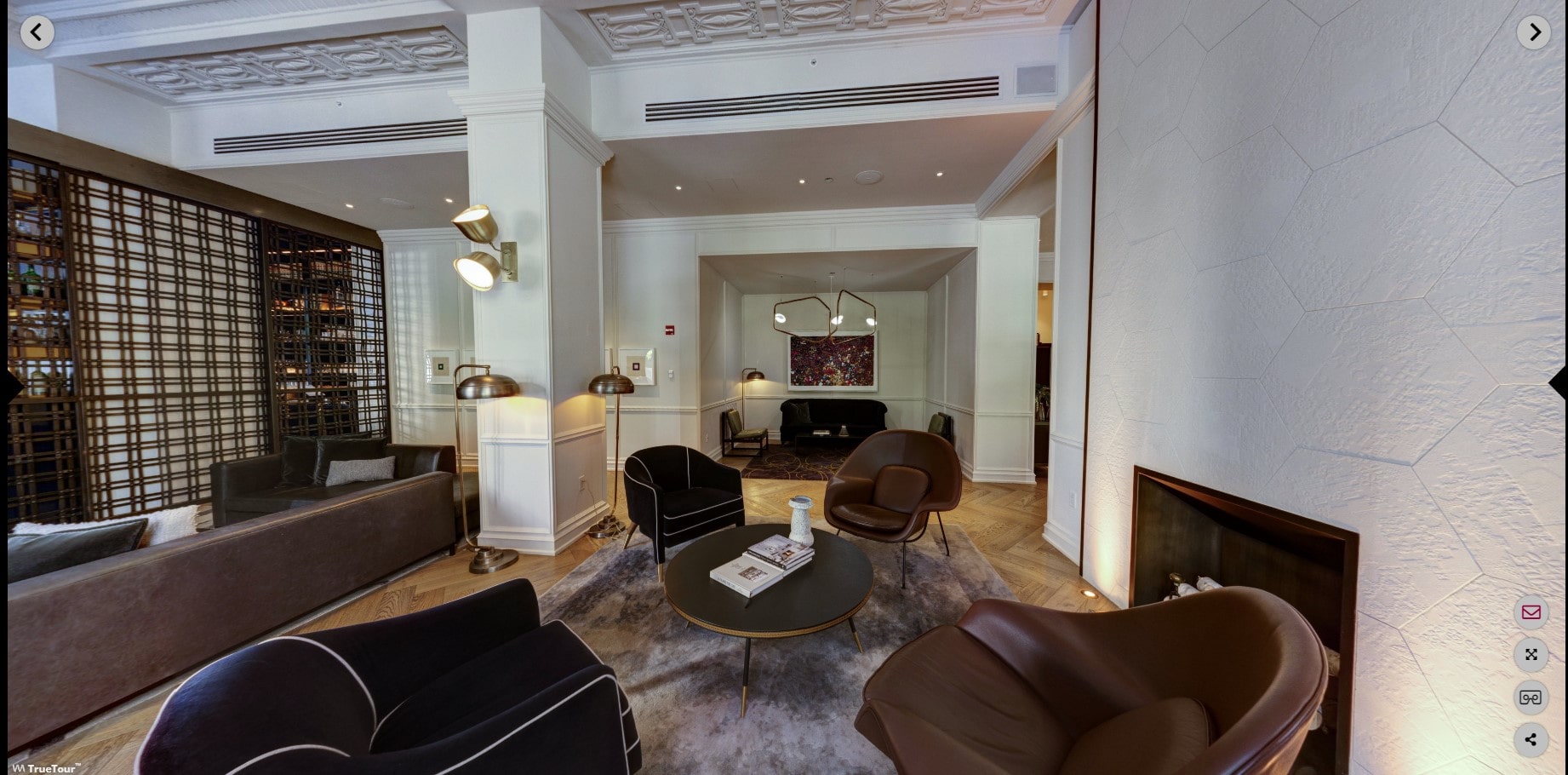
In the fast-evolving realm of hotel marketing, staying abreast of innovative digital trends is not just advantageous – it’s essential for staying competitive and captivating your audience.
Embracing AI and Chatbots
Artificial Intelligence (AI) and chatbots are transforming guest experiences. AI-driven analytics can predict guest preferences, enhancing personalization in marketing campaigns. Web and social media chatbots can rapidly assist guests, answer questions, and schedule reservations. These tools streamline operations and create a more engaging, responsive interaction with potential guests. Incorporating AI into your marketing strategy can lead to more targeted, effective campaigns, and chatbots can significantly improve customer service and satisfaction.
Virtual Reality (VR) and Augmented Reality (AR) Experiences
VR and AR are reshaping how guests interact with your hotel before entering the lobby. Guests-to-be can get a mouth-watering sneak peek of your rooms, amenities, and surroundings with virtual reality tours. AR can enhance the physical environment – imagine guests pointing their phones at a flyer to see a 3D model of your hotel pop up. These technologies are not just gimmicks but powerful tools that elevate your brand and provide an innovative edge in your marketing efforts.
Your hotel may stand out by using AI, chatbots, VR, and AR in its marketing. These technologies offer exciting ways to engage with guests, create memorable experiences, and stand out in a crowded digital landscape.
Conclusion
Adapting and evolving is key in the dynamic world of digital marketing for hotels. The strategies we’ve explored are just the tip of the iceberg. From leveraging social media to mastering SEO and from embracing the latest tech trends to smart data analytics, the potential to amplify your hotel’s online presence is immense. But remember, the digital landscape is ever-changing, and what works today might evolve tomorrow. Stay curious and continue exploring innovative marketing strategies on Plerdy’s blog, where insights and trends are just a click away. Looking to elevate your digital marketing game further? Discover how Plerdy’s suite of tools can empower your hotel’s online strategy and drive success.
